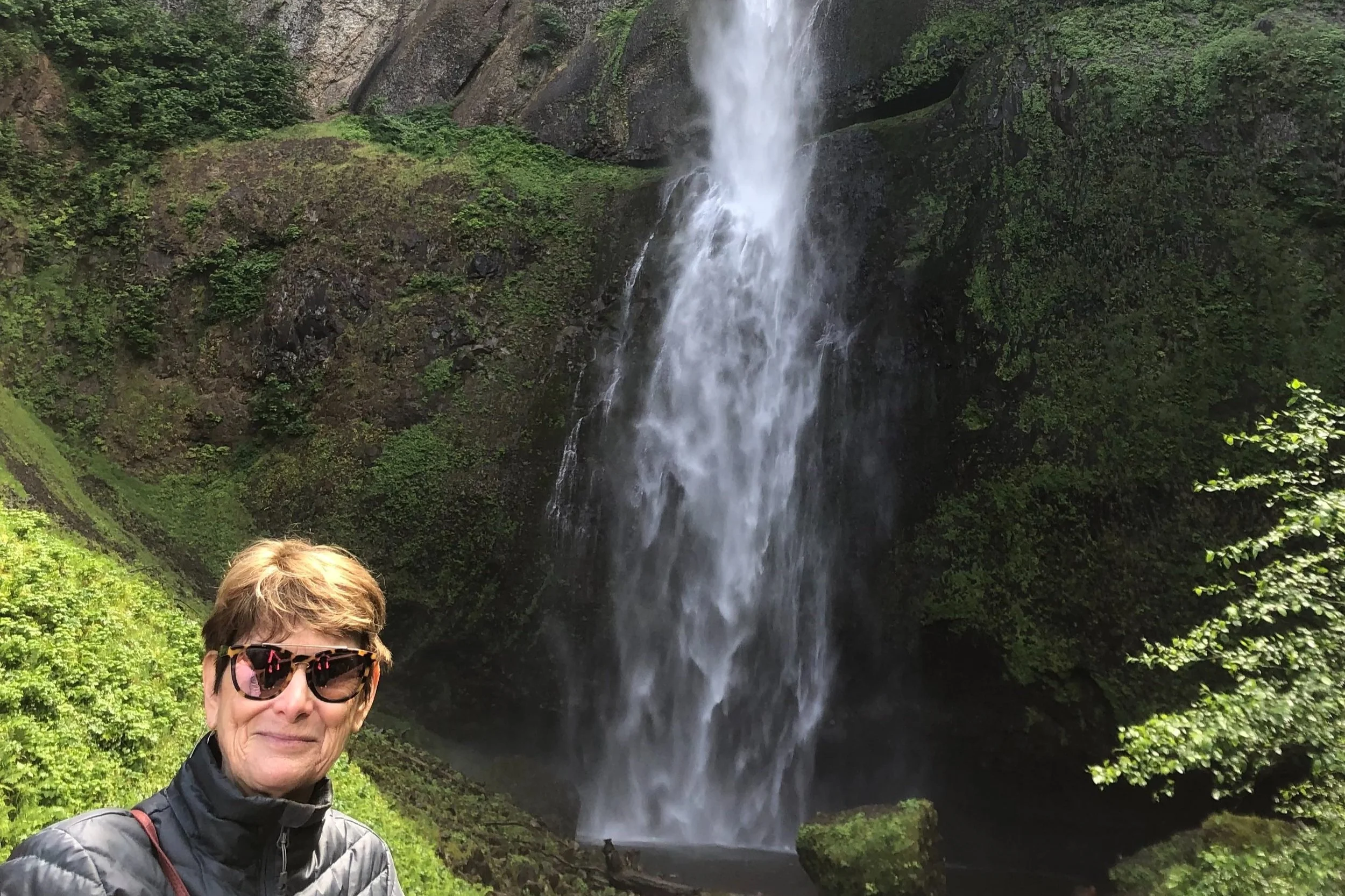I met him months ago. Turtle. I must have caught him by surprise. At my approach, the tiny
defenseless head slid back inside his body armor, and he froze in the middle of the trail. I was
tangled in thought, solving some problem or other as I am wont to do when he brought me back
to the path, and the present. My heart flip-flopped, fearful that my intrusion into his space
caused him suffering. I skirted the path and spoke softly. It’s okay, turtle, I’m not going to hurt
you. Where did that come from? I’d never spoken to a turtle before, certainly, not out loud. I
gingerly walked away, checked myself for sanity, and silently thanked the little fellow for
reminding me to wake up to my senses. Being in the moment instead of my busy head was
something I’d been practicing in yoga and meditation. So far, I am struggling at the present-in-
the-moment plate with a 200-250 batting average. Not for lack of practice, though.
Even though I travel that path often, I only encountered Turtle a few times after that. It was
always some variation of our initial meeting. His head retreats. He plays dead. I say, don’t
worry, little guy. I’m not going to hurt you. (I am growing more comfortable talking aloud when
I am alone. Should I worry?)
Until today.
Again, Turtle sat in the middle of the path. This time though, his head stayed put. Out and
proud. He looked straight at me. Or so it seemed. He certainly did not exhibit fear. I paused and
said hello. (I guess I, too, have grown bolder.) Still, no retreat. Does he know me now? I
scanned the area and noted a tunnel in the grassy sand alongside the narrow path. Huh, I thought
—or said, I don’t really know anymore—this must be Turtle’s home. I couldn’t stay and visit all
day, so I continued on my hike buoyed by Turtle’s unexpected greeting. On my way back,
Turtle surprised me with another appearance. This time he was not only out and proud, he also
sat serenely alongside the path casually chomping on blades of grass as I watched. His
insouciant eyes acknowledged me. Shortly afterwards, and to my further astonishment, a fellow
turtle lumbered out of the mouth of the sand-tunnel and stopped dead in his (or her) tracks at
the sight of me. The reptilian head did not retreat, as if he (she) had been assured it was okay. It
was me, after all, the trail lady. I don’t know much about turtles. What I do know is that Turtle
—who appeared only rarely and became paralyzed at the sight of me when he did—now seemed
to view me as a non-intrusive, well-meaning guest, albeit uninvited.
I’ve been thinking about empathy lately. (Stay with me, here.) Recently, I was asked to give a
talk at Nova Southeastern University on the topic of diversity and inclusion. I chose to speak on
empathy. What I actually spoke about was the alarming lack of empathy for women’s bodies.
The invitation gave me the opportunity to explore an issue close to my heart, namely the
widespread cheapening of women’s bodies. How is it, I asked, that the female body, which most
cultures profess to honor, is so commonly and cavalierly maligned, abused, killed, and yes,
legislated and exploited for political purposes? I won’t go into the ample evidence here, but I
entertained the idea that the common denominator was a fundamental lack of empathy for
women’s bodies and lives. Perhaps empathy—“the action of understanding, being aware of,
being sensitive to, and vicariously experiencing the feelings, thoughts, and experience of
another” (Merriam-Webster)—is the missing ingredient in all social justice and environmental
issues, and a key factor in social media vitriol.
So, okay, maybe this is a bit of a stretch, and I am delusional. However, I’d like to think that by
being “aware of” and “sensitive to” Turtle that day, I alleviated his anxiety, which permitted
him to live more freely. At the very least, when reflecting upon my experience with Turtle, it
encouraged me to think about the wisdom of nature, and the power of empathy to heal
ourselves, our country, our world, and our planet.
